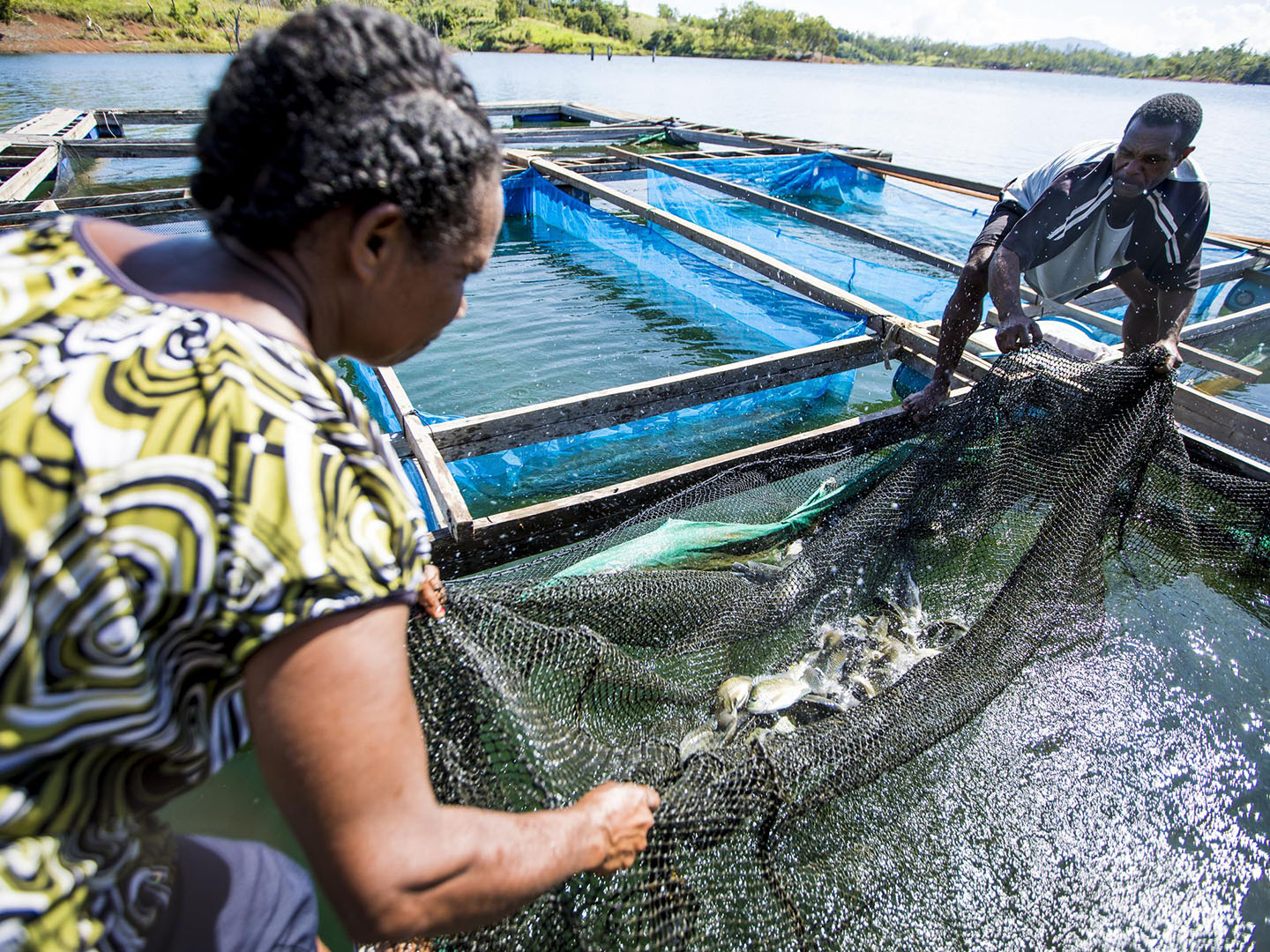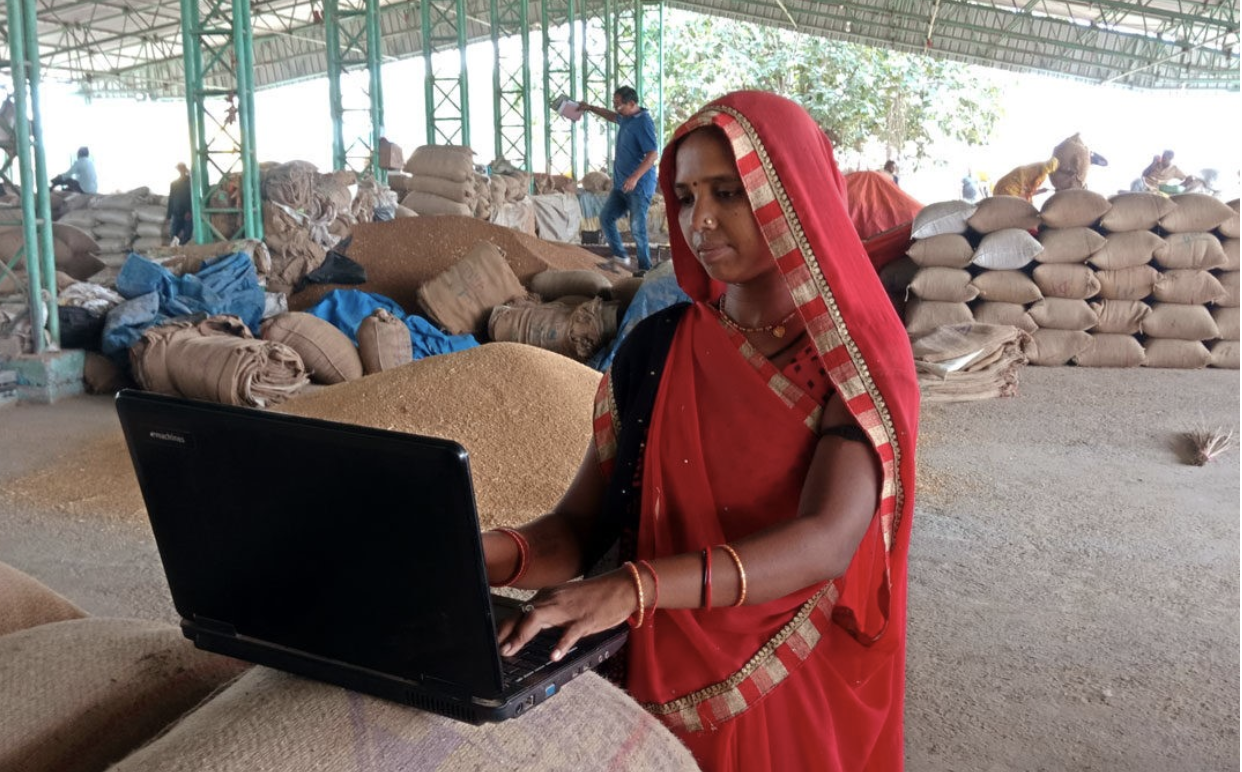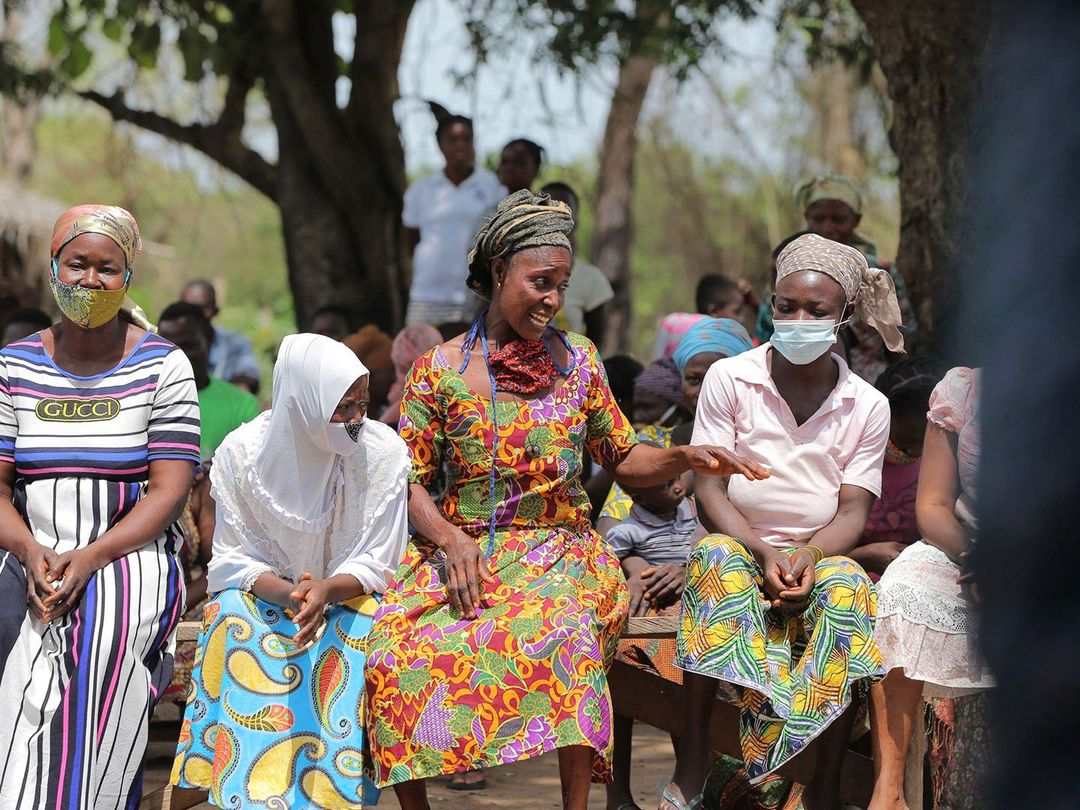How to Contribute
A unique mandate and focus on the LDCs
A proven concept of workable public/private finance models relevant to the 2030 Agenda
The thematic windows represent areas where UNCDF has already proven concept of workable public/private finance models that are relevant to the 2030 Agenda; and enjoy already established and/or evolving partnerships with UNDP and other UN system partners, international development banks, and across the public and private spheres. Thematic windows will be underpinned and operationalized through UNCDF’s existing global, regional and country programme architecture.
What We Do Where We WorkWith its unique mandate and focus on the LDCs
UNCDF works to invest and catalyse capital to support these countries in achieving the sustainable growth and inclusiveness envisioned by the 2030 Agenda for Sustainable Development, the Doha programme of action for the least developed countries, 2022–2031, the Addis Ababa Action Agenda, and the Paris Agreement.
This Last Mile Finance Trust Fund provides a flexible vehicle for partners with UNCDF to:
01
Address areas of critical importance for the LDCs
Address areas of critical importance for the LDCs to achieve the SDGs and graduation, where transformative financing solutions at the local level have proven capacity to leverage up to $10 or more for every $1 in ODA invested, with sustainable impact.
02
Learn lessons about what works, in what conditions on last mile finance solutions
Learn lessons together about what works, and under what conditions, around leading edge last mile finance solutions, managed risk-taking, innovation, consolidation and scale-up.
03
Provide opportunities for leverage to partners’ blended finance and other investment vehicles
Provide opportunities for leverage to partners’ blended finance and other investment vehicles by identifying new markets, de-risking the local investment space, and building viable and investable project pipelines.
04
Replicate and scale up successful finance models with proven impact
Replicate and scale up successful finance models with proven impact, such as for example on production and consumption patterns, local resilience through projects and systems that apply detailed project appraisal techniques and/or verifiable resilience building measures.
05
Engage across a focused range of frontier areas and countries
Engage across a focused range of themes and/or countries, including in “frontier” areas where local finance can unlock sustainable development potential, by, for example, unlocking domestic capital markets through the productive use of existing domestic resources, investing in public and private infrastructure with proven fiscal sustainability, or connecting new technologies to localities and households.
How to Contribute
The Last Mile Finance Trust Fund provides value to the governments and populations in LDCs
The LMF-TF will produce results that translate into direct, measurable and long-term development benefits and scalable models for transformative impact. Governments, institutions of National Governments, the private sector, foundations, and individuals can invest in the LMF-TF.
Governments, institutions of National Governments, the private sector, foundations, and individuals can contribute and invest in the LMF-TF.
The Last Mile Finance Trust Fund provides a flexible vehicle for partners to support the LDCs in their pursuit for sustainable development through innovative finance

A flexible vehicle for channeling resources
For funding and learning partners, the Last Mile Finance Trust Fund provides a flexible vehicle for channeling resources to shared strategic priorities, and by pooling resources with other interested partners it assures learning within the community of development actors.

Reveal investment opportunities and catalyse partnerships
For partners with impact, investment or other blended finance vehicles, sharing in the learning supported by this Trust Fund can help reveal additional investment options and potential, and catalyse partnerships across a wider range of financing instruments.

Reduce transaction, monitoring and oversight costs
In terms of efficiencies, contributions to the core and to this Trust Fund significantly reduces transaction, monitoring and oversight costs (as compared to project-by-project funding) through consolidated annual reporting and consultations regarding priorities and results achieved.
About the Last Mile Finance Trust Fund and the LDCs
Expected outcomes
Greater financial inclusion through financial and non-financial services for low income populations that lead to improved access and usage particularly for women and youth
Increased access by local governments and businesses to capital financing for local infrastructure and services resulting in greater local economic development, climate resilience, food security and women’s economic empowerment.
Build partnerships with private and public actors to achieve greater results and development impact and unlock additional resources.
How to contribute
To ensure that growth is equitable and sustainable, leaving no one behind, it is important that finance flows to the “last mile”—where development needs are greatest and where resources are most scarce.
2021 signified the last year of the 2018-2021 Strategic Framework as well as the year it finalized its new Strategic Framework (2022-2025). 2021 also represented a pivotal year for the Last Mile Finance Trust Fund (LMF-TF).
The UN Capital Development Fund (UNCDF) and its partners acknowledged the five year anniversary of the LMF-TF, paying tribute to its growth journey over the year as a flexible funding vehicle to pool lightly earmarked resources from various donors towards thematic priorities; specifically intended to serve as a platform to test new models, innovate solutions, de-risk investments, and catalyze follow-on financing to help achieve the SDGs in the world’s Least Developed Countries, the LDCs.
That growth journey saw the LMF-TF grow from one anchor donor in the Swedish International Development Cooperation Agency (Sida) and a purse of roughly $2.5 million to nine donors—including the Government of Andorra, the Norwegian Agency for Development Cooperation (NORAD), the Swiss Agency for Development and Cooperation (SDC), the Kingdom of the Netherlands, the Korea International Cooperation Agency (KOICA), the Nederlandse Financiering-maatschppij Voor Ontwikkelingslanden N.V. (FMO), the Principality of Liechtenstein, and the Grand Duchy of Luxembourg—and a purse of over $65 million.
Deliberations began in 2021 for a revision of the LMF-TF windows to better align with UNCDF’s new Strategic Framework. Moving forward, the LMF-TF will utilize six new thematic funding windows that will be reflected in next year’s results reporting: Financial Innovation; Digital Economies; Local Transformative Finance; Climate, Energy and Biodiversity; Sustainable Food System Finance; and Women’s Economic Empowerment.
It was also recognized in 2021 that in order for the LMF-TF to become a driver for the scaling of innovative finance solutions, not merely where such platforms can be innovated and deployed, funding ambitions would have to be enhanced. Hence, the new funding window structure for the LMF-TF is intended for an ideal resource mobilization scenario of $160 million ($200 million under UNCDF’s “ambitious scenario”) over four years in order for the fund to reach this new level of capability that was defined in UNCDF’s strategic framework.
the Last Mile Finance Trust Fund
9 donors
since 2016
$80M
of Total Contributions
6
Thematic Windows
$160M
Resource Mobilization Target
How to Contribute
The Last Mile Finance Trust Fund provides value to the governments and populations in LDCs
The LMF-TF will produce results that translate into direct, measurable and long-term development benefits and scalable models for transformative impact. Governments, institutions of National Governments, the private sector, foundations, and individuals can invest in the LMF-TF.
Governments, institutions of National Governments, the private sector, foundations, and individuals can contribute and invest in the LMF-TF.
Stay Connected
GET THE LATEST UPDATES TO YOUR INBOX